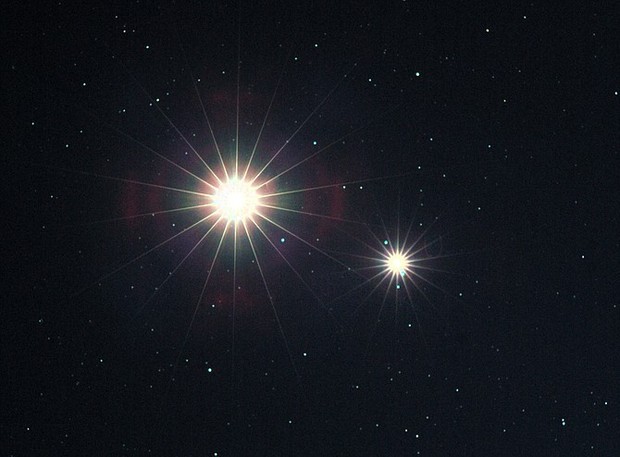That’s right, tomorrow morning early risers will be able to see Venus and Jupiter converge in the sky. But what is so special about this event and why is it considered rare?
The conjunction stars
Cosmic conjunction – This is the name of this event. This happens when two planets appear at the same point to an observer on Earth.
From the point of view of the ground, the movement of the planets in the solar system is almost unchanged. This is why when a conjunction occurs, you will see these planets very differently, as they appear extremely close, sometimes only a few degrees apart.
Indeed, the convergence of Venus and Jupiter this time takes place exactly at 1:05 a.m. on 11/13 European time, or 1 p.m. on the same day Vietnamese time, which means that we will not be able to observe it. . However, the day before and the day before the conjunction, the two planets will be very close to each other and you will be able to admire it completely.
How rare is this phenomenon?
In fact, a conjunction of Venus and Jupiter is not an uncommon event. It occurs on a cycle of around 13 months – 398.88 days to be exact.
However, this event is different, as Venus and Jupiter are very rarely so close to each other. According to Jesse Emspak – Space.com astronomer, in the next 100 years, there will only be 24 times like this event.
However, most of them will occur during the day, and only twice in the evening or early in the morning. Emspak said the closest event we can observe will be 22 years from now, on November 2, 2039.
If you want to see it, look east. The 2 stars will be fairly close to the horizon, so you’ll have to take a good look.



